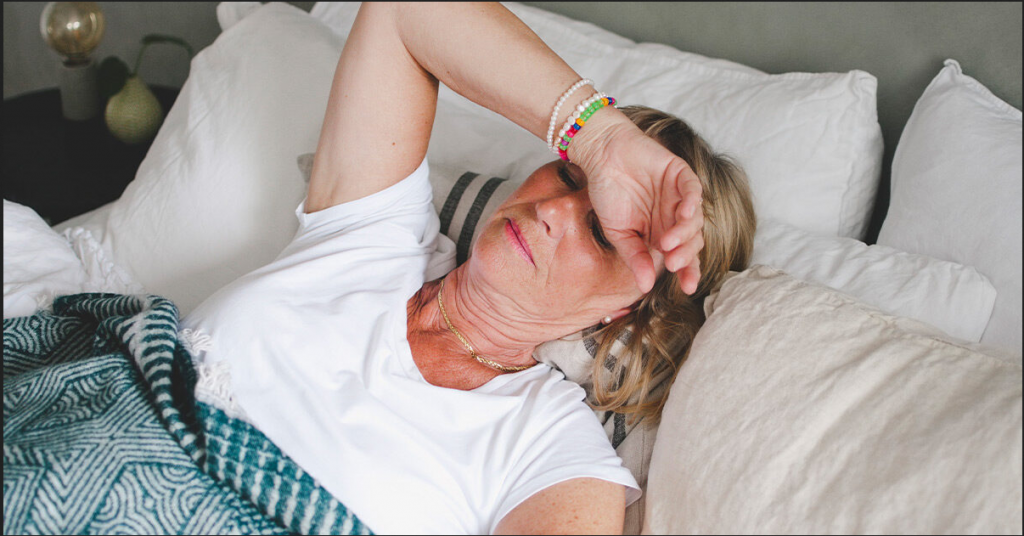Multiple study results suggest that people who commonly nap have a higher risk of high blood pressure and having a heart stroke.
The study found that people who nap during the day are at an increased risk of stroke and high blood pressure compared with people who don’t nap. Clinical psychologist Michael Grandner, who directs the Behavioral Sleep Medicine Clinic at Banner-University Medical Center in Tucson and was not involved in the study, said this may be because poor sleep at night is associated with poorer health, which naps are not enough to make up for.
Sleeping at least four hours at night raises high blood pressure by 20 to 30 points over people who never or rarely sleep, according to research on sleep habits published Monday in the journal Hypertension, an American Heart Association journal. The AHA added five hours of sleep duration as part of its eight fundamental metrics to optimal heart and brain health.
Old habits die hard. Even if researchers eliminated the factors that increased the risk of hypertension and stroke, napping remained a problem. “The results demonstrate napping increases the incidence of hypertension and stroke,” explained Dr. Phyllis Zee of Northwestern University Feinberg School of Medicine in Chicago. “From a clinical standpoint, I think it highlights the importance for health care providers to routinely ask patients about napping and excessive daytime sleepiness and evaluate for other contributing conditions to potentially modify the risk for cardiovascular disease.”
Longer naps are worse
The participants’ sleeping patterns were analyzed through the 360,000-person input option in UK Biobank, a large biomedical database and research resource that tracked UK residents from 2006 to 2010.
In a new study, people in the UK provided blood, urine and saliva samples on a regular basis and answered questions about their napping habits four times over the course of four years. The study collected nap frequency but not duration, and relied on self-reports of napping. “They didn’t define what a nap should be,” said Dr. Raj Dasgupta of the Keck School of Medicine at the University of Southern California. “If you’re going to be sleeping for an hour or two hours, that’s not really a nap.” A refreshing power nap that’s 15 to 20 minutes around noon to 2 p.m. is 100% the way to go if you’re sleep-deprived, Dasgupta said—if you have chronic insomnia we don’t encourage napping because it takes away the drive to sleep at night.
Many people who take naps also have other characteristics that may affect their sleep quality, said Durga Dasgupta, senior author of the study and associate professor at the University of Alabama at Birmingham. Poor sleep can cause excessive daytime fatigue and lead to an increased need for napping during the day, he said. “Sleep disorders are linked to an increase in stress and weight regulation hormones which can lead to obesity, high blood pressure, type 2 diabetes — all risk factors for heart disease,” he added.

